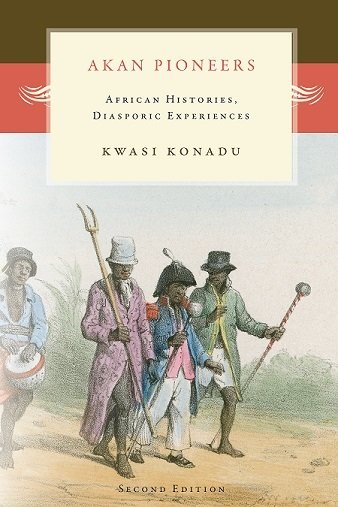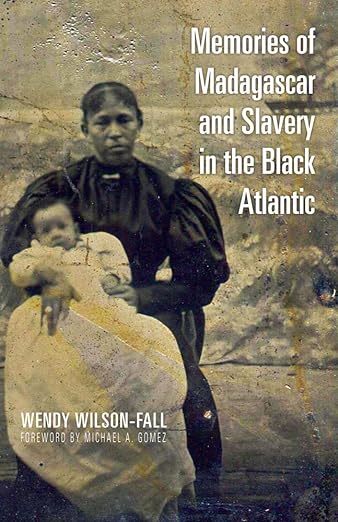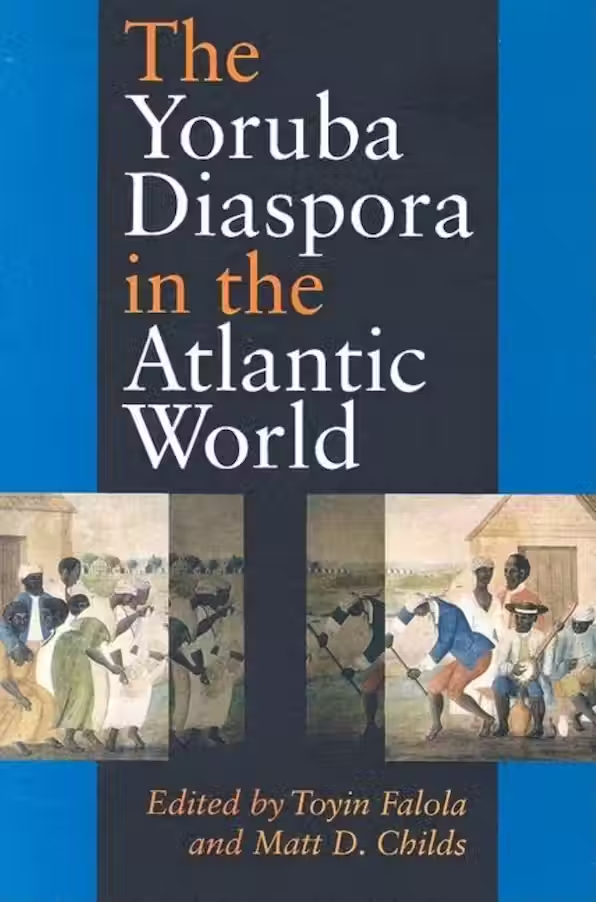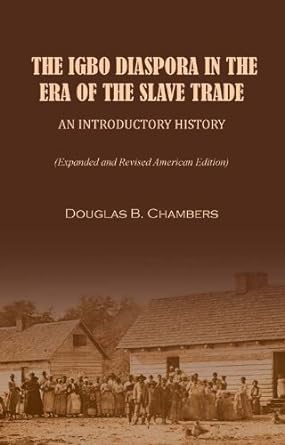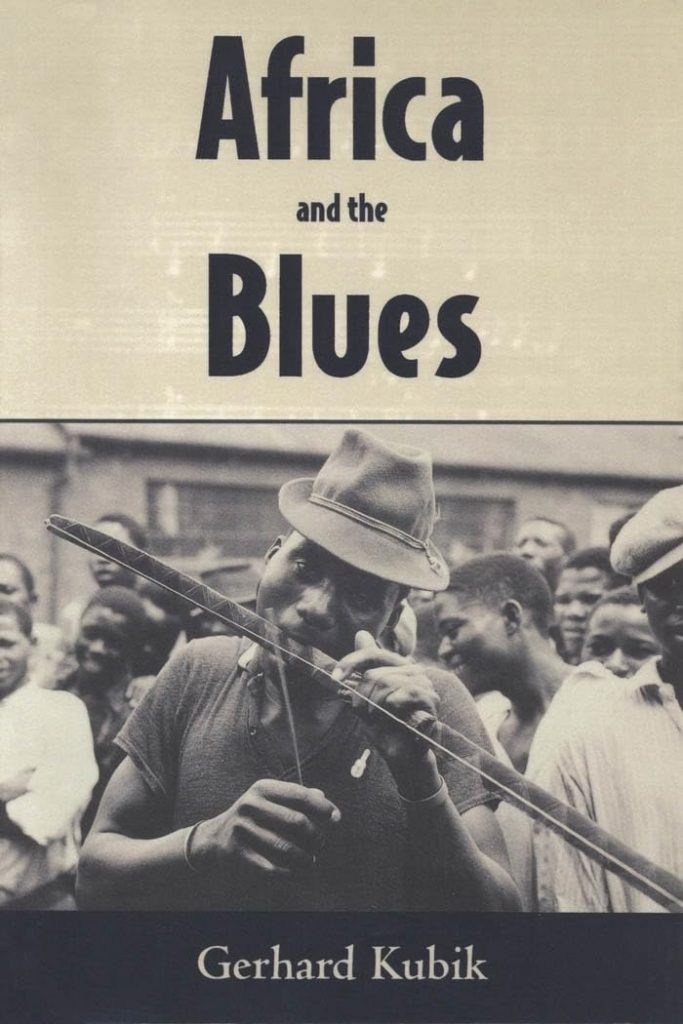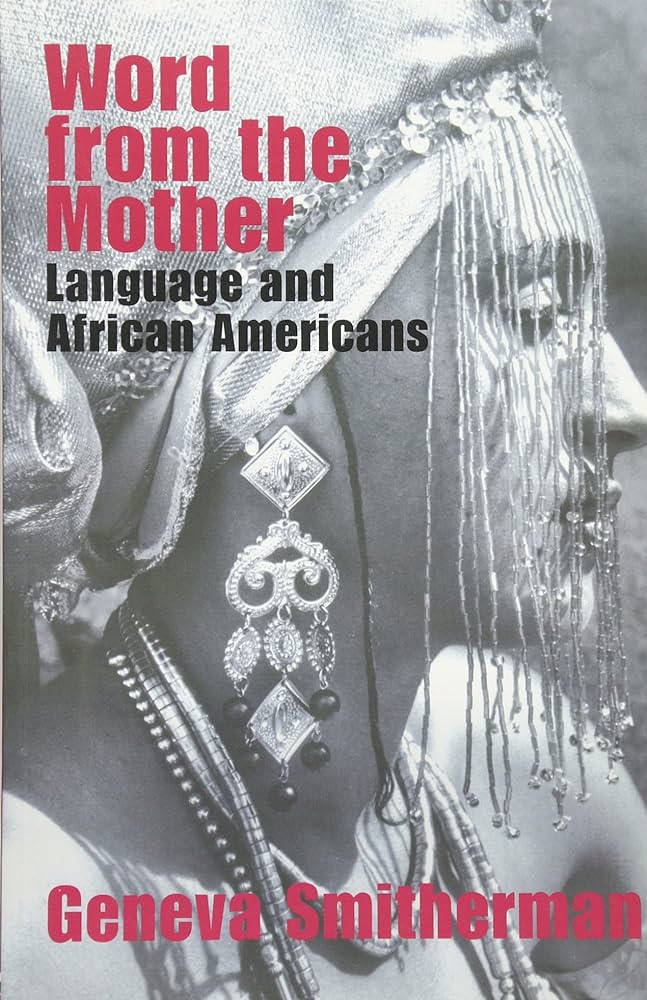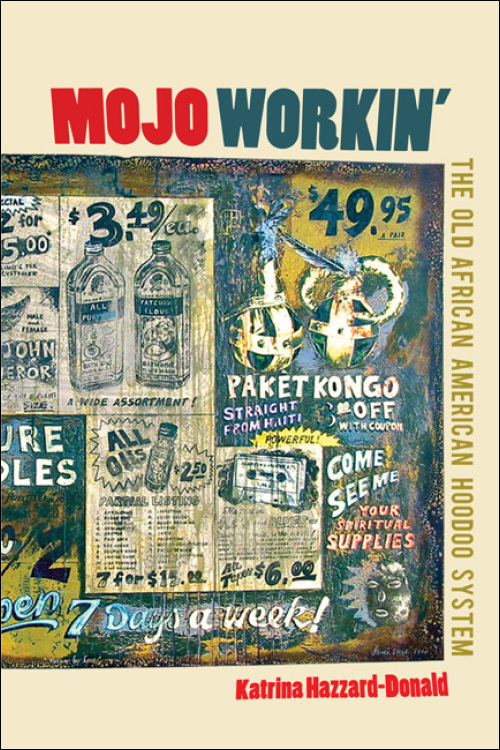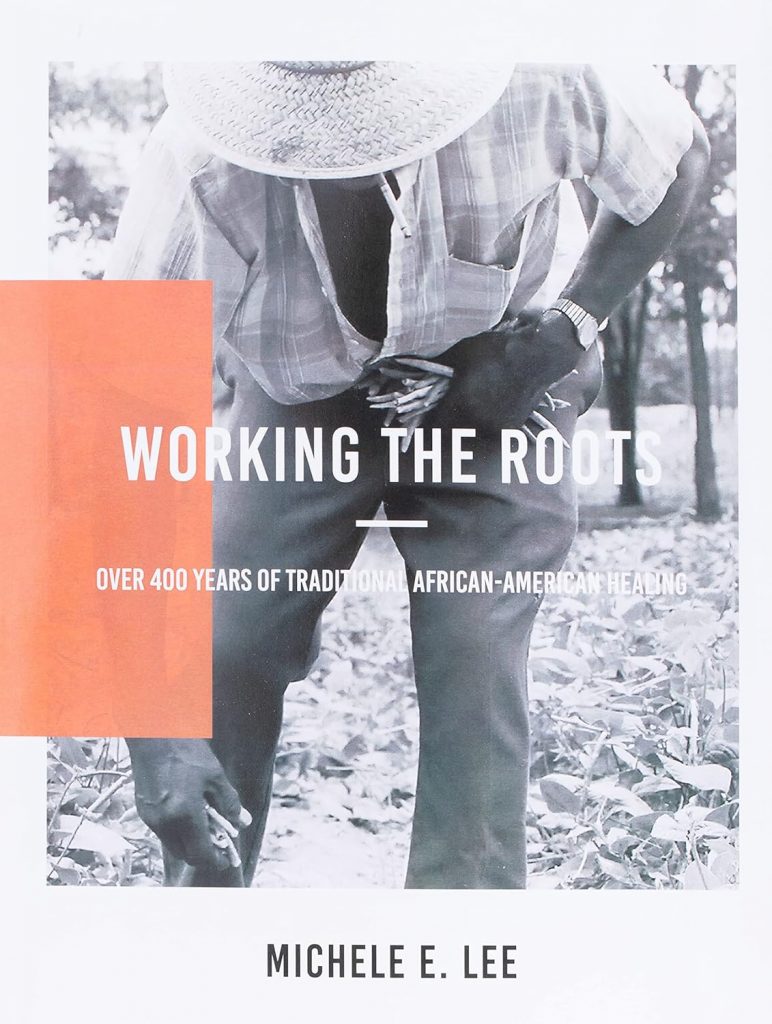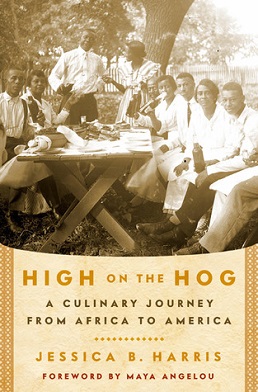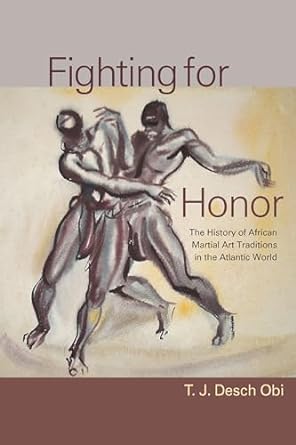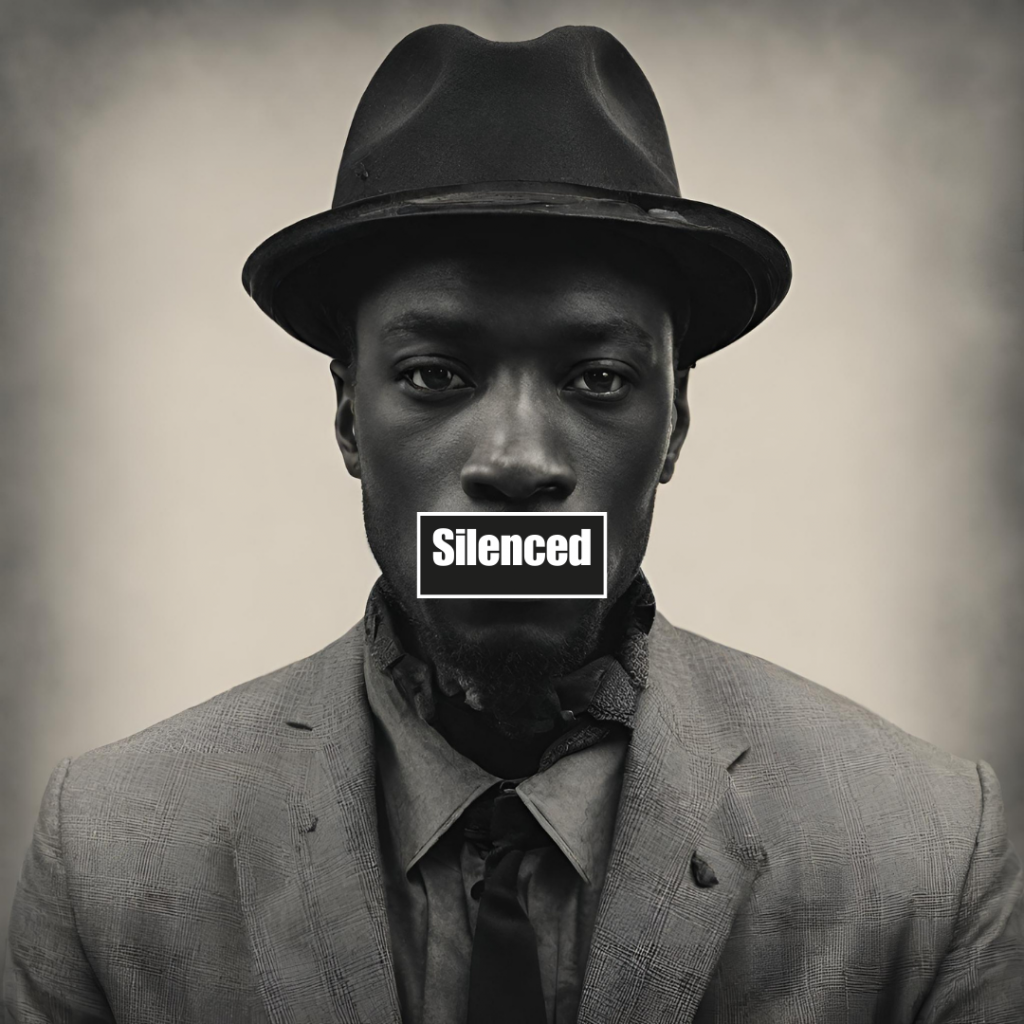“Information asymmetry” is a term that I learned from Ndugu Omowale Afrika. It refers to a situation where between two more more people, one party possesses greater information and understanding of some topic than another. Consider, for instance, what a trained scholar of 19th Century African American history knows about such a topic, compared to an individual who has never bothered to investigate it, whose knowledge is limited to popular discourse pertaining to the subject or popular depictions of this subject in film and television. We can imagine the same kind of asymmetry occurring between individuals who possess a depth of scientific knowledge, compared to others with a paucity of such knowlege.
Sadly, often those who possess limited knowledge of things assume that they know far more than they actually do, resulting in their coming to illogical and misinformed conclusions while being resistant to any modification of their premises. Thus, when they are presented with information that contradicts what they know or demonstrates the limitations of their understanding, they often disregard this new information largely because it does not confirm their beliefs, but possibly also because it is beyond their comprehension.
It should be stated that a certain knowledge base is needed to both meaningfully understand anything. Further, a fairly robust knowledge base is needed to possess a critically informed view of a thing. I can, for instance, understand how evolutionary biology works after having learned something of the subject. This would be a basic level of understanding. However, for me to competently critique a particularly theory of evolutionary biology requires a far higher degree of knowledge than what could be considered basic. This would require an advanced level of understanding. I have often seen individuals who demonstrate a nonexistent or a rudimentary level of understanding of various subjects attempting to offer criticisms of fairly well-established bodies of knowledge. The result is, for the informed viewer, rather nonsensical.
As a matter of course, I try to minimize my engagements with people on topics where information asymmetry is evident. I will share information, but will not debate these individuals. It is not a good use of time, and as we all know, our time on this planet is finite. Use yours to grow and better yourself, as well as to improve the world around you, rather than to drag those for whom their ignorance is a kind of refuge and armor towards some kind of enlightened understanding.

